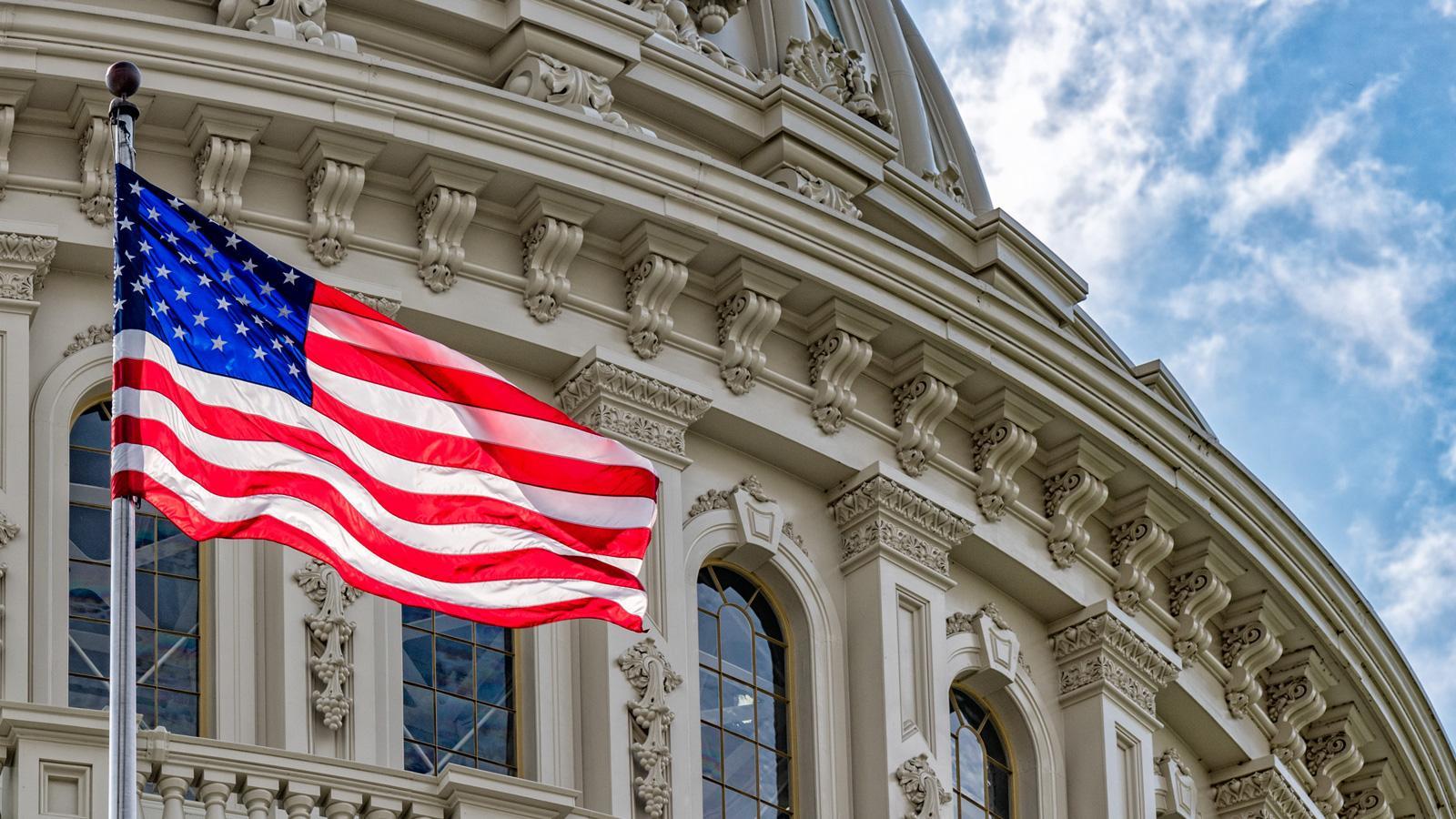Old bill on D2C ad tax breaks meets a new political climate

A bipartisan group of four US members of Congress has introduced new legislation targeting tax subsidies for direct-to-consumer pharma advertising. Republicans Dr. Greg Murphy of North Carolina and Nick Begich of Alaska were joined by Democrats Angie Craig of Minnesota and Hillary Scholten of Michigan in introducing HR 3101, the "No Handouts for Drug Advertisements Act".
According to the sponsors, the bill would "eliminate the tax deduction companies can claim for pharmaceutical marketing and promotional expenses related to advertising on television, radio, social media and other common platforms." Notably it carves out an exception for advertisements in medical journals and similar periodicals.
Similar bipartisan legislation has been introduced in both chambers of Congress many times, most recently in July of last year. But what's different this year is that the current HHS Secretary, Robert F. Kennedy Jr., has been promising to go after pharma advertising -- a promise he has yet to make good on.
"Direct-to-consumer drug advertising can promote inappropriate prescribing practices, undermine the doctor-patient relationship, and increase unneeded spending on medications," Murphy said in a statement. "America is one of only two nations in the world that allows pharmaceuticals to be marketed directly to consumers. Patients should trust their doctor for medical guidance, not 30-second TV ads. This legislation ensures that resources are directed towards lowering drug costs and investing in the research and development of new, life-saving treatments."
“We shouldn’t be cutting taxes for Big Pharma – especially for spending on direct-to-consumer advertisements that may lead to overprescribing and massive profits for drug companies,” Craig added in a statement of her own. “It’s time we start holding Big Pharma accountable and investing in lower health care costs for consumers.”
A report from the Congressional Budget Office in October suggested that even banning D2C advertising outright would lead to "a very small reduction (0.1 percent to 1.0 percent) in drug prices". The bill's sponsors cite a recent report from the Campaign for Sustainable Rx Pricing which suggests that taxing pharma advertising could raise significant revenues for the government: $1.5 billion to $1.7 billion annually from the 10 largest pharma companies. But that report includes some questionable assumptions based primarily on an unpublished working paper.
"These bills have historically over the last ten years only picked up a small number of Dem. co-sponsors," Jim Potter, the executive director of the Coalition for Healthcare Communication, told pharmaphorum in an email. "So it is interesting that Rep. Murphy is a Republican member of the House Ways and Means Committee and sits on both the Health and Trade Subcommittees. But he is not on the Tax Subcommittee that will be marking up the initial version of the House's tax bill over the next few weeks or months."
"While we seriously treat all potential bills limiting or eliminating the tax deductibility for advertising in the year of spend, Rep. Murphy's bill would likely need to pick up some House Republicans or majority members on the House Ways and Means to likely gain traction in the tax bill debate," Potter said.
In a recent interview about the potential for a ban on D2C advertising, Jayson Slotnik, who runs the consulting firm Health Policy Strategies, told pharmaphorum that a tax-based approach would still be vulnerable to a challenge on First Amendment grounds. Because courts hold that advertising is protected speech, a law that taxes advertisements for a particular industry could run afoul of freedom of speech.
“If you're going to go about it trying to use the tax code, the courts have said we're going to give you a high level of scrutiny because after all, it is the First Amendment,” Slotnik said at the time. “So it's going to be really tough to either use the tax code or the regulatory process to achieve what the administration on the campaign trail at least has said, which is elimination of direct to consumer advertising for pharmaceuticals.”
The bill will now go to the House committee on Ways and Means for consideration.












